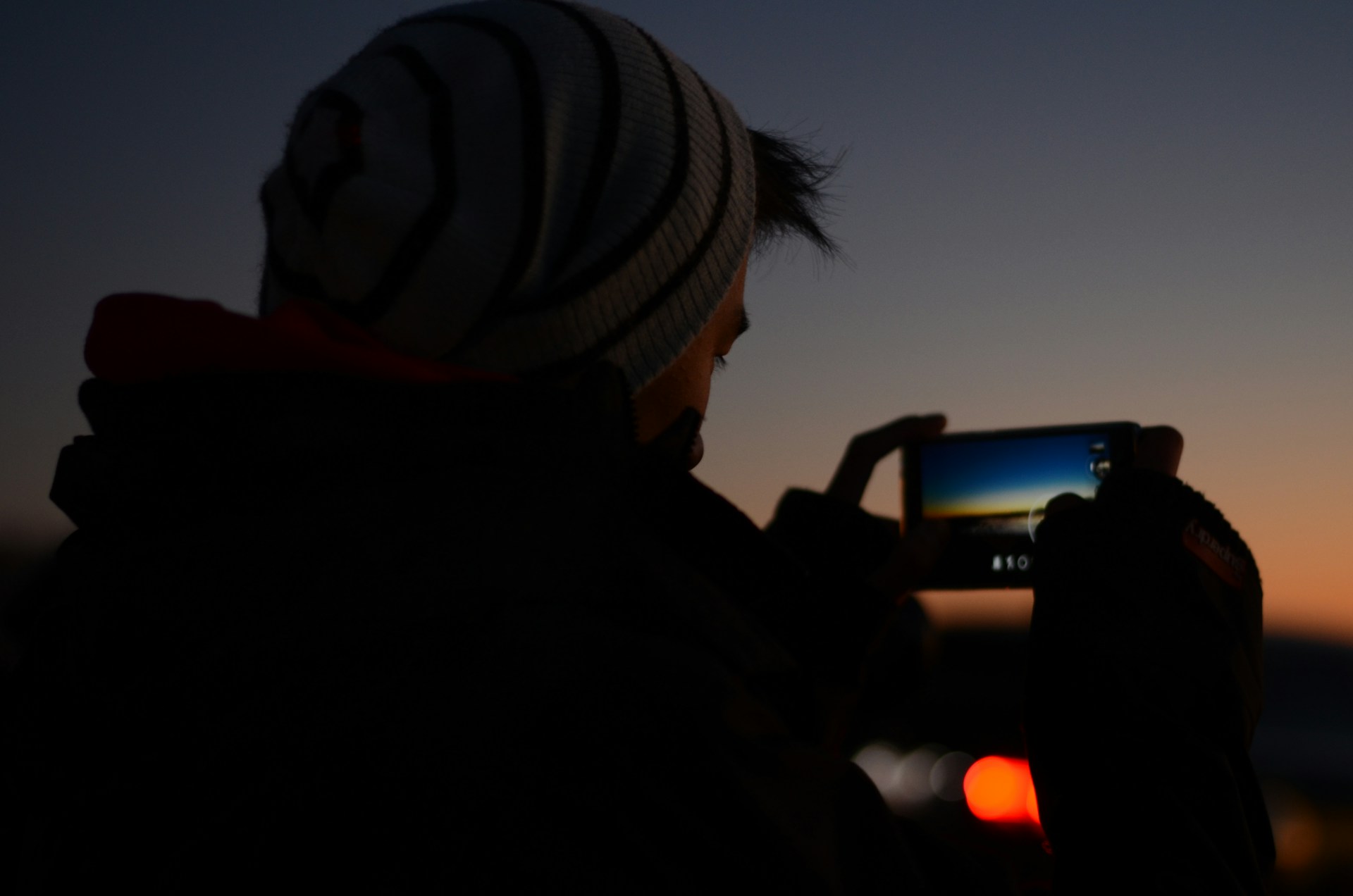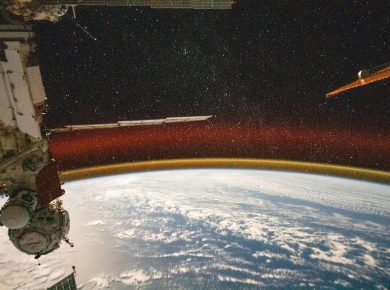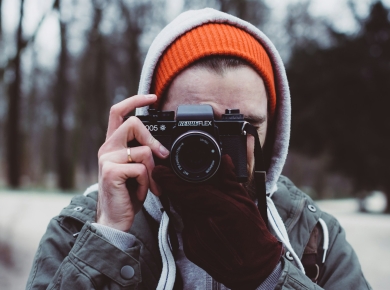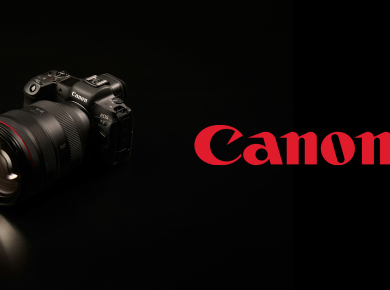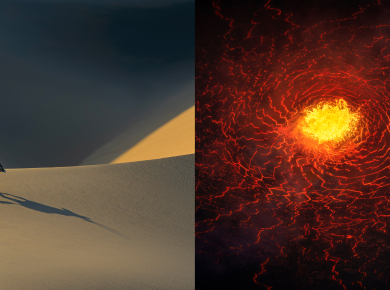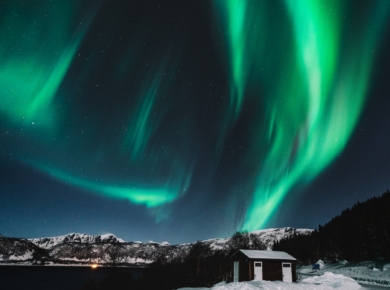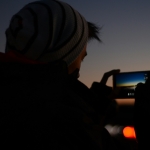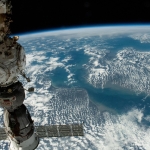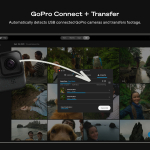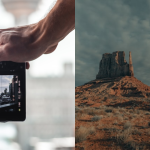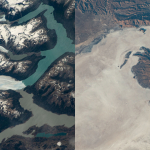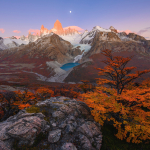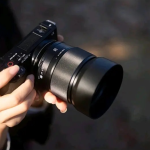Samsung recently launched their latest smartphone in their Galaxy S series – the Samsung Galaxy S24. Although overall it is said to bring impressive updates, what we want to know is, “Are we there yet?”
Are we finally at the point where smartphones can comfortably replace professional cameras? Is there any need for a person to own a camera as well as a phone? Of course, some people will always want to keep their ‘real’ camera around – but for day to day shooting, does the S24 Ultra do a good enough job for the average person?
Coming to you from Evan Ranft, the video above gives a great review of the Samsung S24 from the eyes of a photographer, where he says he tried to “push this camera to it’s absolute limit”.
After switching the camera to shoot RAW, Even goes on to explain the different resolutions that the camera offers. Although the camera goes all the way up to a crazy 200 megapixels, it is only available when you shoot JPEG. That being said, he believes the different resolutions don’t actually matter all that much.
As for the photo quality itself – “I’m just blown away” were the words used by Evan. He believes smartphones are now getting extremely close to competing with professional cameras.
However, there were some issues. Despite the main cameras improving greatly, the ultra wide lens has some problems – lots of noise and the images lack sharpness.
As for low light shooting – it gets worse. Images come out looking similar to all other smartphone cameras when shooting in darker places. Full of grain and poor quality overall.
Samsung’s big selling point for the S24 was the implementation of AI editing. However, according to Evan this tech is very much lacking, but he acknowledges that this is new and improvements will definitely be seen in the future.
To answer the question I put forward at the start of this article, the answer is no. We are not yet at the point where a smartphone can replace your camera, but it is once again another step in the right direction by Samsung.
Check out the video above for Evan’s full thoughts on photography with the Samsung Galaxy S24 Ultra.
